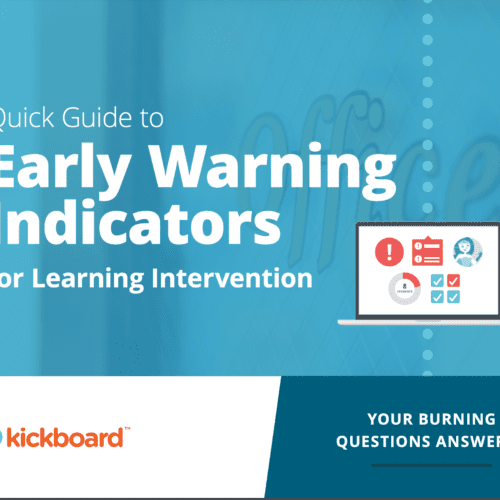 Speeches provide excellent opportunities for positioning organizations or their representatives as industry leaders or pillars of a community. A speech can urge an audience to act, persuade them to adopt a particular point of view, provide valuable information and/or generate goodwill.
Speeches provide excellent opportunities for positioning organizations or their representatives as industry leaders or pillars of a community. A speech can urge an audience to act, persuade them to adopt a particular point of view, provide valuable information and/or generate goodwill.
Speech Writing Factors to Keep in Mind
When you’re writing a speech, you should consider several factors:
1. Write for the ear
There is no set formula for writing speeches, but you should always bear in mind that you are writing for listeners, not readers. That means using conversational English, including colloquialisms. Avoid business or industry jargon and instead choose words and grammar that you’re sure the audience will understand.
2. Accommodate the speaker’s style
A speech’s text should accommodate the speaker’s style, whether that’s drawling, clipped, long-winded, forceful, calm, etc. So if you’re writing a speech for someone else, it’s a good idea to note the individual’s vocal rhythm and pace. Some people speak differently when giving speeches than they do in regular conversation, so if possible, obtain recordings of the speaker in both situations for future reference.
3. Determine the objective
Before you write, you need to determine what you want the speech to achieve. If you’re writing for someone else, you’ll need to get together to discuss the goal and the topic angle that will accomplish it.
4. Consider the context
While you’re considering topics, you’ll need to bear in mind the context in which the speech will take place. The context includes the type of event at which the speech will be delivered (e.g., workshop, conference, seated dinner, etc.) and the type of people who will be in the audience.
5. Tailor to the time limit
This depends on the speaker’s pace, that is, how many words will be spoken per minute. The average speaking rate is usually placed around 125 to 160 words per minute. So, write the speech copy accordingly.
6. Write for readability
Always make the speech text readable by using double-spaced copy with wide margins and large fonts. Also, spell out large figures; “six million” is easier to read than“6,000,000.”
7. Expect to edit/rewrite
Whether you’re writing for yourself or someone else, you should expect to rewrite and/or edit. As you edit the speech, your goal should be to sharpen its focus, increase its impact, make it easy to understand, and more. In fact, you should be prepared to make several editing passes.
Follow these tips and you’ll be on your way to preparing a successful and memorable speech.
Kelle Campbell is a content writer for e-learning and B2B software companies. Contact her to discuss your next project.








thanks
You’re very welcome! Glad you found it useful.
thank u guy.
You’re welcome!
Thanks
You’re welcome!
nice one thanks a lot. it was very useful
amazing……
ThanK you